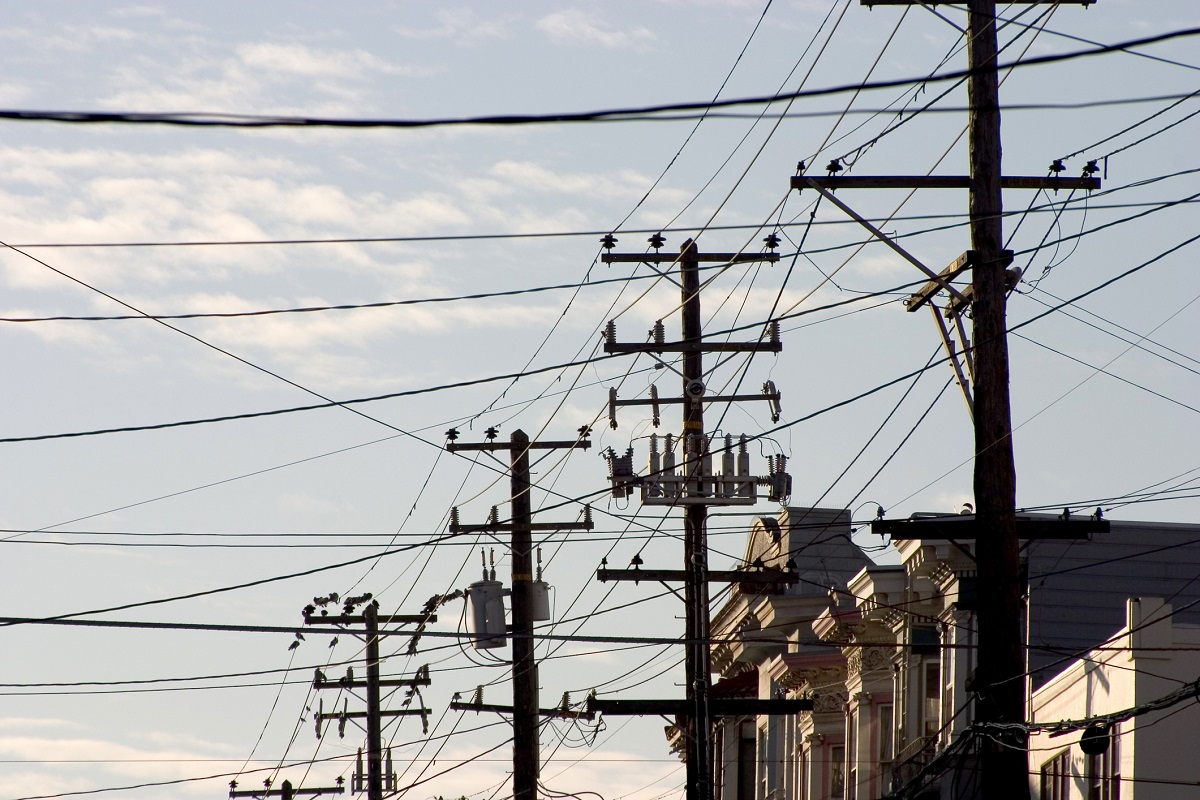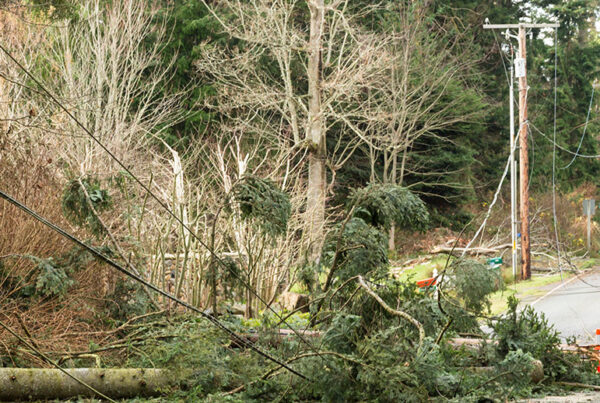
Enabling millions of diverse DERs to participate in the wholesale market without deteriorating the reliability of the distribution system by using dynamic operating envelopes.
The approval of Order 2222 by the Federal Energy Regulatory Commission (FERC) has generated both opportunities and challenges for Electric Distribution Companies (EDCs). The main opportunity that FERC 2222 has presented is to allow Distributed Energy Resources (DERs) of smaller sizes to bid in to the wholesale market, thus breaking down barriers and boosting competition. However, inadequate management of these DER technologies can severely impact EDCs’ ability to maintain grid reliability. EDCs that can integrate and aggregate data from DERs, in their day-to-day network operations, will be best positioned to capitalize on the opportunities and conquer the challenges presented by Order 2222.
Historically, supply and demand of electricity has been structured vertically: generation, transmission and finally distribution. However, to comply with Order 2222 and maintain grid stability, EDCs must consider the perspectives of DER owners and aggregators in their planning, operations and wholesale market interactions. FERC Order 2222 allows all DER technologies that can aggregate to 100KW to participate in the wholesale market. These DER technologies can be small or large, behind-the-meter (BTM) or front-of-the-meter (FTM) generation, inverter based, or non-inverter based, intermittent like solar or wind, or have energy storage capabilities (batteries, HVAC/thermostats).
EDCs can perform two critical roles in the DER-market participation process at the core of FERC Order 2222. The first is to determine safe operating ranges (also referred to as operating envelopes or swim lanes) to help DERs develop their bids for market participation before the market award. The second is to create a day-ahead operating plan for market and non-market DERs (based on the most recent load forecasts) to maintain system reliability after the market award. It is also important for EDCs to adjust the day-ahead plan and take corrective actions intra-day to accommodate unforeseen circumstances, such as forced outages, extreme weather events and reliability issues.
At Opus One Solutions, we anticipate a diverse group of DERs present on EDC network models. Maximizing participation of DER technologies, without deteriorating the reliability of the distribution system in both the short and long term, can be achieved through the use of operational and planning technologies such as GridOS.
GridOS, Opus One’s operational analytics software solution, allows EDCs to defer capital upgrades to their grid infrastructure by understanding the impacts and values of DERs on their system in both long- and short-term scenarios, thus allowing them to unlock potential cost-savings, Greenhouse Gas (GHG) reduction goals, and reliable and resilience services for ratepayers.
DERs range in complexity, from millions of small-scale residential behind the meter (BTM) DERs managed by multiple 3rd party aggregators, to a few large front-of-the-meter (FTM) grid-scale resources managed directly by the EDC. These small-scale BTM assets must be modeled differently than larger FTM resources in order to extract value. Opus One Solutions’ GridOS software does not use worst case scenario plans for participating in wholesale markets. Instead, by using the physics of the network and near real-time visibility of assets, EDCs are able to reduce the margin of error for assets in wholesale markets, which allows them to fully participate. This solution also allows EDCs to monitor, simulate and control all their assets and programs, including large generators, small and large photovoltaics (PVs) and batteries as well as Demand Response and Electric Vehicle (EVs) programs.
Opus One Solutions GridOS® software has demonstrated success in allowing maximum participation from market resources without impacting the reliability of the system. It does this by managing DER penetration across entire service territories. This software solution was designed to solve large-scale problems in a limited time frame with many decision variables–managing 5 million DERs, thousands of capacitors, regulators and load tap-changers (LTCs).
Opus One Solutions’ GridOS® Optimization Engine (OE) can be embedded as the main supervisory control system that determines dynamic operating ranges (swim lanes). It determines the day-ahead and intra-day operating plans for DERs, as well as distribution automation equipment. GridOS® OE models and determines optimal control instructions simultaneously for both active and reactive power controls for all controllable assets in multiple intervals. GridOS® can be deployed as a stateless service that can be scaled up by dispatching multiple analyses to solve arbitrary portions of the grid simultaneously, so that entire service territories, including sub-transmission networks, can be analyzed within 30 minutes.
The result provides EDCs with the ability to plan and operate their grid in a safe and reliable manner, while providing their customers with clean and renewable energy.
EDCs must maintain their current role as distribution operators in order to provide adequate levels of safety, security, power quality and reliability of the power grid for all customers. To comply with this order and to fulfill their primary responsibility, EDCs must have the ability to integrate and aggregate data from DERs, and determine the limitations on their output depending on their location. EDCs also must determine the grid conditions in pre-and post-market dispatch time periods, and (most importantly) act effectively to manage the DER outputs in real-time during normal, abnormal or unforeseen grid conditions.
Wajid Muneer is the Director of Product Management at Opus One Solutions.
For more information contact Mark Hormann, Vice President USA Sales,















